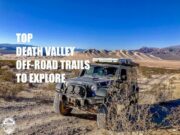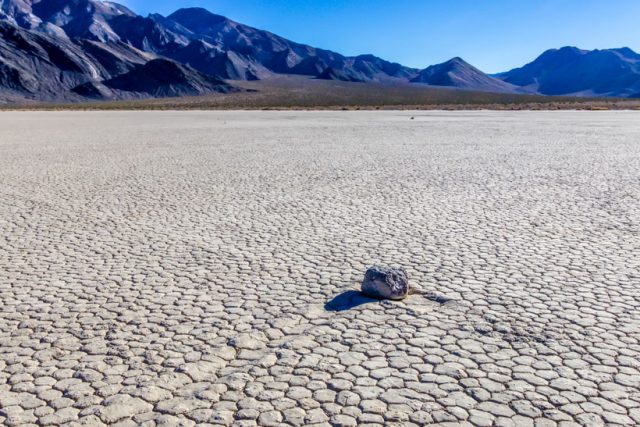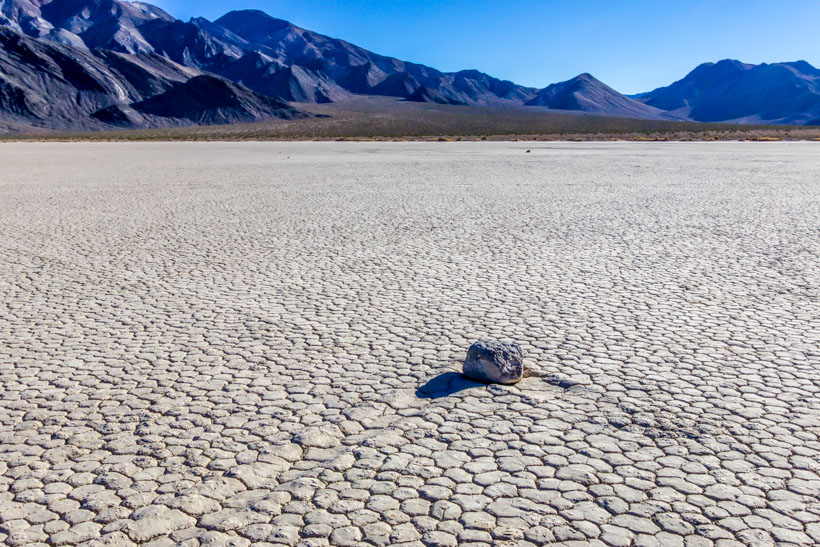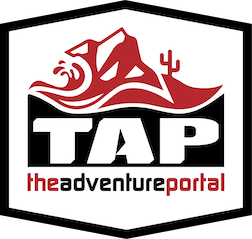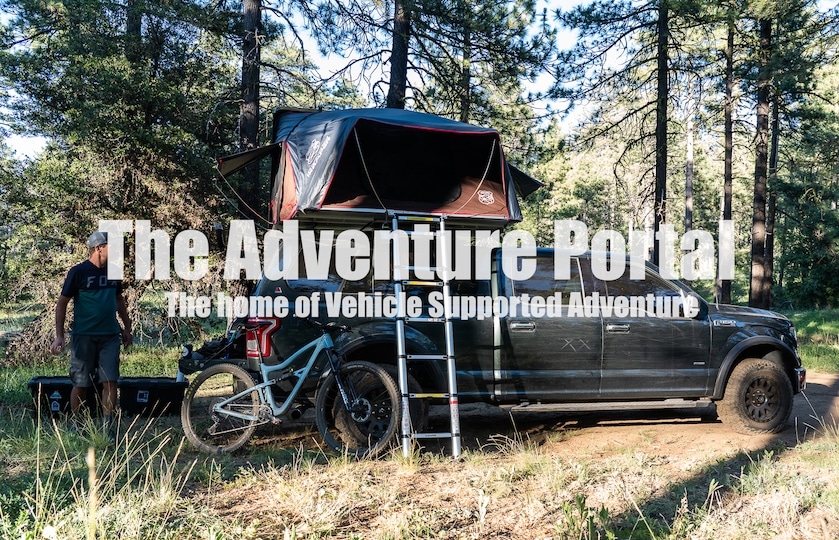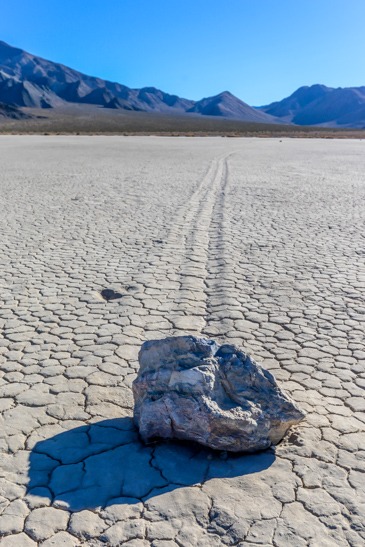
| GPS | N36 39.95′ W117 34.04′ |
| Elevation | 2,000-5,000 ft. |
| Season | Year round: best Oct.-May |
| Terrain | Packed dirt, washboard |
| Difficulty | Easy terrain |
| Required Vehicle | stock 2×4 wheel drive |
| Time | 2.5 hours |
| Length | 30.5 miles |
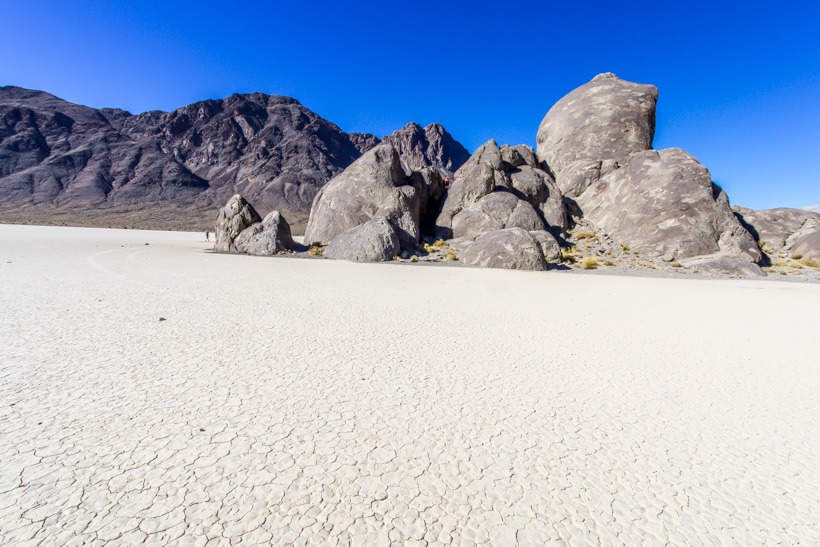
Directions: Racetrack road starts at Big Pine Road, 2.7 miles west of Grapevine on North Highway. From the Highway, head northwest following the sign to Ubehebe Crater. This off-road trail ends at Lippincott Mine Road, approximately 1 mile west of Lippincott Mine in Death Valley National Park.
Site Location and Description: This overland style road lies in a long valley between the Panamint Range to the east and the Last Chance Range to the west. The Racetrack is located south of both the Ubehebe Crater and Ubehebe lead mines. Twenty-six miles down the road, you come to the north end of Racetrack Playa. You can park here at the Grandstand parking area. Racetrack playa is a smooth, dry lakebed with a large, dark volcanic rock formation called The Grandstand projecting far out of the lakebed. If you drive two miles south of the parking area, you will come to the mysterious moving rocks and their tracks. You will need to walk approximately a half mile out onto the lakebed to get to the rocks. You will see that the rocks have travelled quite a long distance by looking at the tracks left behind them.
Please Note: The surface of the playa is very fragile. Do not drive on it or anywhere off established roads. Please do not move or remove any of the rocks. When the playa is wet, avoid walking in muddy areas and leaving footprints. This prevents others from enjoying this natural phenomenon.
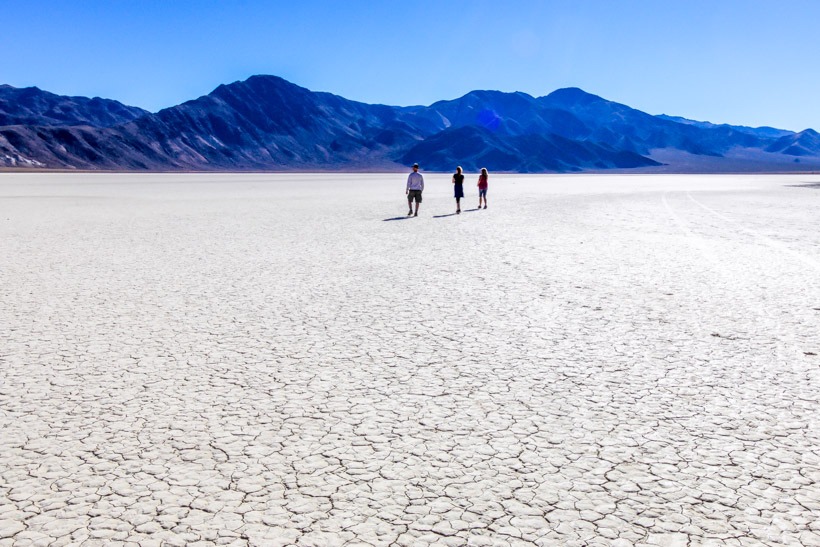
The History of The Racetrack: Over the years, erosion has caused rocks from the surrounding mountains to break off and fall to the surface of the Racetrack. Once on the floor of the playa, the rocks mysteriously move across the surface of the dry lakebed leaving surprisingly long trails. This phenomenon leaves many people wondering how they could possibly move by themselves. Current research suggests that a combination of rain and wind enable the rocks to move. A rain of about 1/2 inch, will wet the surface of the playa, providing a firm but extremely slippery surface. Strong winds of 50 mph or more, may skid the large boulders along the slippery mud surface. Read the article on Slate: The Sliding Stones of Death Valley, to see how ice also factors into this movement as well… or don’t and let your imagination run wild!






